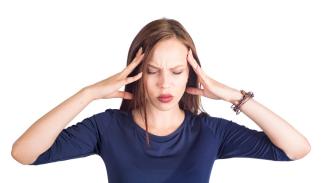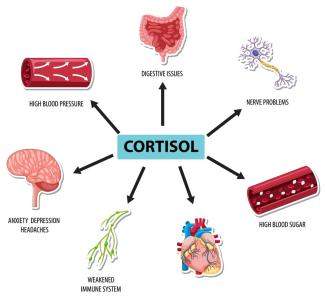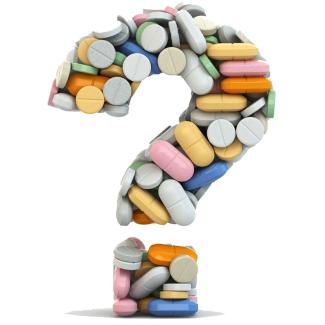
Social connections and interactions play a significant role in managing and relieving depression. Here are some tips related to society and socializing that can help:
- Build a Support System: Establish a strong support system by reaching out to friends, family members, or support groups. Share your feelings and experiences with them.
- Open Communication: Be open and honest with those close to you about your depression. Explain what you're going through and how they can help, whether it's through listening or offering practical support.
- Set Realistic Expectations: Understand that not every social interaction will be perfect, and that's okay. Be patient with yourself and others as you navigate through your depression.
- Maintain Boundaries: While socializing is important, it's equally essential to set healthy boundaries. Don't overextend yourself, and communicate your limits to others.
- Plan Social Activities: Schedule regular social activities or outings with friends and loved ones. Having social events to look forward to can boost your mood.
- Join Support Groups: Participate in depression support groups or community organizations. These groups can provide a safe space for sharing experiences and coping strategies.
- Online Communities: If in-person interactions feel overwhelming, consider participating in online forums or communities where you can connect with others facing similar challenges.
- Practice Active Listening: When engaging with others, practice active listening, showing genuine interest in their thoughts and feelings. This can improve your relationships and help you feel more connected.
- Avoid Isolation: Depression often leads to isolation, which can exacerbate symptoms. Make an effort to reach out and connect with others, even if it's a short chat or a simple text message.
- Embrace Positive Relationships: Surround yourself with people who uplift and support you. Spend time with individuals who are understanding, non-judgmental, and caring.
- Engage in Group Activities: Participate in group hobbies or classes that interest you, whether it's a sports team, art class, or book club. Shared activities can create a sense of belonging.
- Peer Support: Consider peer support programs where you can connect with individuals who have experienced similar challenges and can offer empathy and guidance.
- Set Small Social Goals: If socializing feels overwhelming, start with small, achievable social goals, like a brief phone call or a short coffee meet-up with a friend.
- Seek Professional Guidance: If social interactions are particularly challenging due to your depression, consult a therapist who specializes in social anxiety or interpersonal difficulties.
- Celebrate Social Achievements: Acknowledge and celebrate your social successes, no matter how small they may seem. This positive reinforcement can motivate you to continue socializing.
Remember that everyone's journey with depression is unique, and it's important to find the balance that works best for you. Seeking professional help and guidance from a therapist or counselor can provide you with personalized strategies to manage depression within the context of your social interactions.






